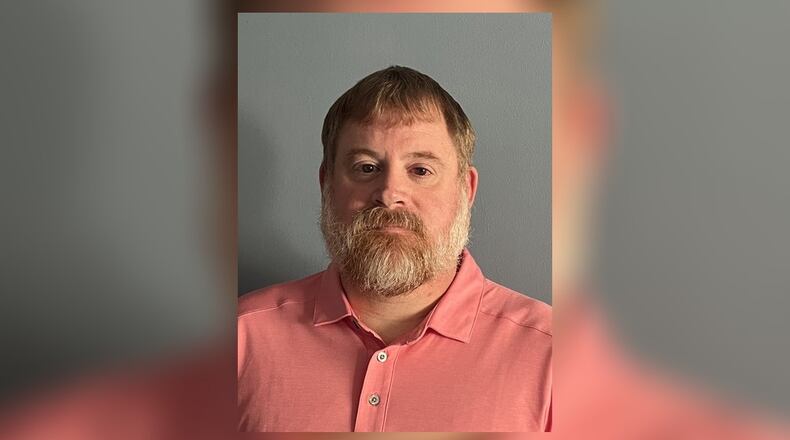How do I know so much about this? Because it happened to me.
And soon, it could happen to thousands in Ohio if lawmakers in Columbus remove patient safeguards for many types of eye surgery.
I didn’t know it then, but Kentucky passed a law in 2011 to allow optometrists, who are neither medical doctors nor trained surgeons, to perform invasive eye surgery if they sit through a minimum 32-hour course. My optometrist told me I needed a selective laser trabeculoplasty to reduce the painful pressure in my eyes caused by a specialized form of glaucoma. He performed this surgery multiple times – but my vision became cloudy, and the pressure increased. After my last procedure, I knew something was very wrong. It was then suggested that I get a completely different type of laser surgery.
Instead, I went to an ophthalmologist who is a medical doctor and glaucoma specialist. I was shocked to learn that I was misdiagnosed, and my disease could’ve been managed by simply taking eye drops. I never needed those surgeries to begin with and thankfully, with my ophthalmologists’ help, my vision is now back to normal. Looking back, I’m lucky I didn’t suffer permanent vision damage.
I have learned that not only should surgery always be the last resort, but there are important differences between ophthalmologists and optometrists. Ophthalmologists are medical doctors with extensive training in anatomy, diseases, medications, and surgical procedures. During medical school and years of supervised clinical training, they gain an average of 17,000 hours of experience before they are allowed to perform laser eye surgeries. Through their training they gain the skills to both perform these procedures and decide if surgery is even necessary.
My optometrist, on the other hand, was qualified to check my vision and prescribe glasses, but had I known he didn’t go to medical school or have the right training to perform surgeries, I would never have let him shoot a laser in my eyes. This is a major reason why the risk of serious complications and additional surgeries is so much higher when done by optometrists.
A bill in the Ohio legislature, Senate Bill 129, would open the floodgates to unsafe surgery by permitting optometrists to perform eye surgeries they are not sufficiently qualified to do, including the same laser surgery done on me. The bill would also give the body that regulates optometrists the power to further loosen surgical standards without input from lawmakers. This is shockingly similar to the Kentucky law that put my vision at risk. The Kentucky optometry board claims they’re “not aware” of any complications or problems with optometrists doing surgery. If they’re reading this, they are now.
I can’t believe that any optometrist who sits through a weekend of lectures and simulations is legally allowed to use a laser or scalpel on someone’s eyes. Some optometrists think they know how to do surgery, when in reality they miss important details of a patient’s condition or may not be aware of other non-surgical treatment options.
No one should risk their vision because the person performing their surgery is not sufficiently trained. Recognizing the potential risks to patients, I hope Ohio’s lawmakers reject this dangerous legislation and uphold the current high standards for safe eye surgery.
Jeff Wooten is an eye care patient and a patient advocate based in Lexington, KY.
About the Author
